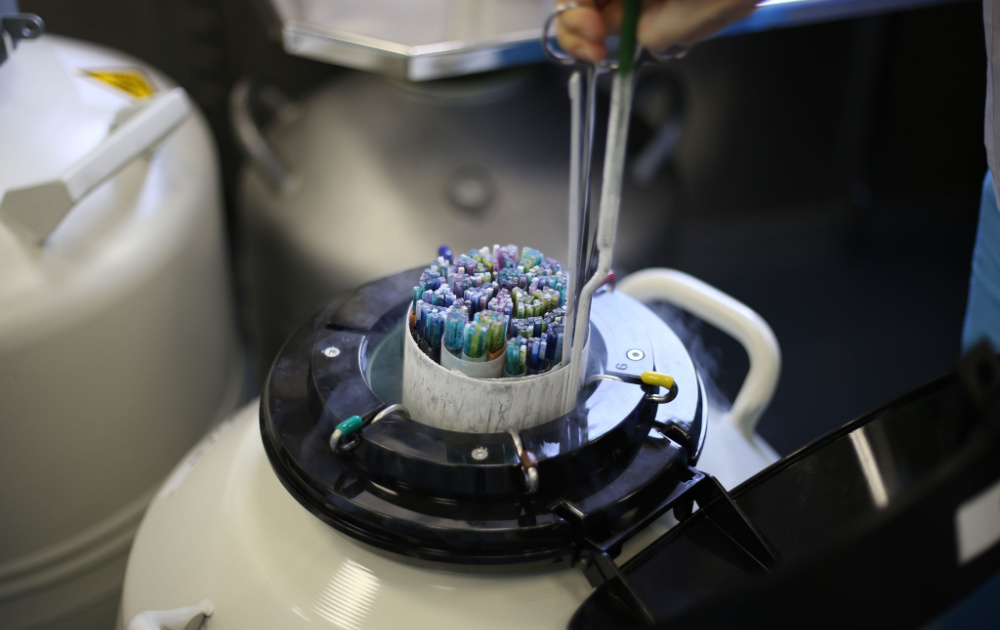
Pray for an end to IVF and the protection of human embryos: Join our prayer pledge
WASHINGTON, D.C. (LifeSiteNews) — The U.S. Supreme Court will not intervene to save an Alabama IVF facility and an associated hospital from a wrongful death suit over the destruction of frozen embryos, in a case that triggered a national firestorm over embryo-destructive in vitro fertilization (IVF) practices.
In February, the Alabama Supreme Court recognized frozen human embryos as children under the law as part of a wrongful death lawsuit brought by three couples against the so-called Center for Reproductive Medicine, a pro-LGBT IVF facility that also assists with surrogacy, and Mobile Infirmary Medical Center for the accidental destruction of their embryos, which the parents contended was covered under Alabama’s Wrongful Death of a Minor Act.
Section 36.06 of the Alabama Constitution says that the state “acknowledges, declares, and affirms that it is the public policy of this state to recognize and support the sanctity of unborn life and the rights of unborn children, including the right to life,” and Justice Jay Mitchell determined that the wrongful death law “applies to all children, born and unborn, without limitation.”
In August, the two facilities appealed the ruling to the nation’s highest court, alleging that the plaintiff lacked standing and that the defendants had not received “fair notice” that continuing IVF could put them in legal trouble, in violation of their due process rights.
On Monday, however, the Supreme Court released an order list confirming the petition had been rejected, without elaboration as to the reasons why or identifying how individual justices voted. The decision means the wrongful death suit can proceed, and while it does not directly impact the legality of IVF in Alabama, which quickly enacted a new law to protect the industry following national scrutiny of the original February ruling, it means no new national precedent will be set affecting the state’s future deliberations in either direction.
The IVF process is gravely unethical, as it entails the conscious creation of scores of “excess” human embryos only to be killed and unborn children being treated like commodities to be bartered over, in addition to separating sexuality from procreation.
It has been estimated that more than a million embryos are frozen in storage in the United States following IVF and that as many as 93% of all embryos created through IVF are eventually destroyed. A 2019 NBC News profile of Florida IVF practitioner Craig Sweet acknowledged that his practice has discarded or abandoned approximately a third of the embryos it places in cold storage.
Alabama projecting IVF into the national spotlight came during a period of division over the Republican Party’s broader stance on the right to life, magnifying worries that being seen as against the practice would be a political liability in an election year. Democrats aggressively support IVF and have made accusations that the GOP will ban it a prominent refrain in their messaging.
With just a handful of exceptions, most national Republicans have rushed to declare their support for IVF, including the National Republican Senatorial Committee as well as former President and 2024 Republican White House nominee Donald Trump, who has been casting himself as a “leader on fertilization” and has even promised his own federal insurance mandate of the practice.
Pray for an end to IVF and the protection of human embryos: Join our prayer pledge

